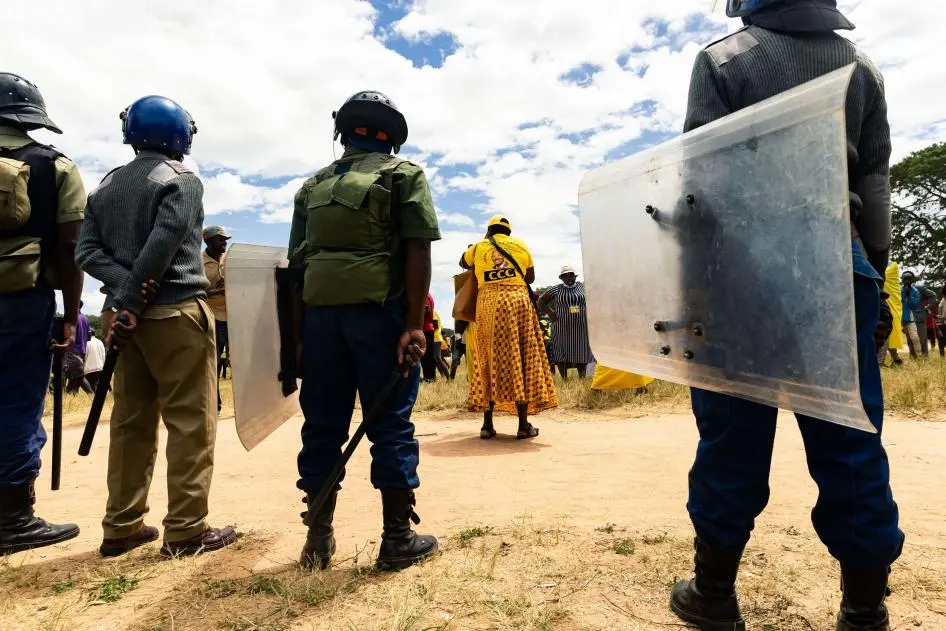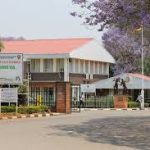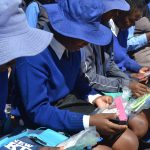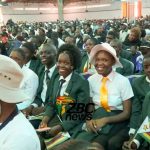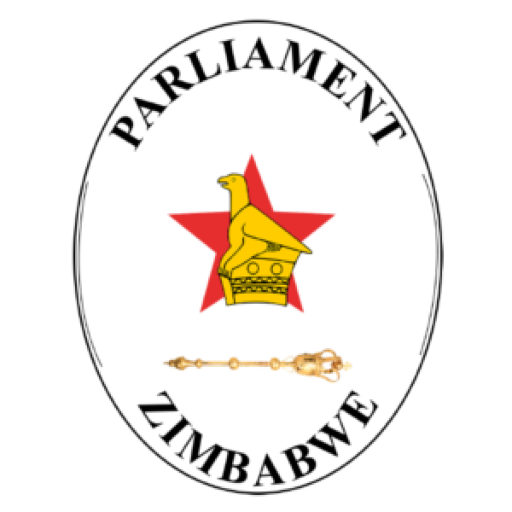BULAWAYO – It was just after 10pm on May 23 when eight armed men stormed into 894 Cowdray Park. What followed was not a robbery or random act of violence. It was a targeted, brutal assault on a mother, her children, and her elderly mother—an attack that has left lasting trauma and a community in fear.
Gloria Ncube, a 36-year-old informal trader and youth organizer, is now recovering from both physical injuries and emotional wounds after the home invasion that she believes was politically motivated. “They beat me with metal rods,” she said, her voice quiet but firm. “They knew who I was. They called me a CCC dog and said this was a warning.”
Ms. Ncube has been an active member of Zimbabwe’s opposition movements, having participated in youth-led programs under the MDC and later the Citizens Coalition for Change (CCC). In Cowdray Park, she is well known for helping manage her mother’s small business and mobilizing young people to take part in civic programs. Her work, however, appears to have placed her in the crosshairs of those who see peaceful opposition as a threat.
The attackers smashed household furniture, destroyed her laptop and business tools, and left the children sobbing as they tore through the home. Her 64-year-old mother was struck in the face. “I thought we were going to die,” Gloria recalled.
Two days later, on May 25, she filed a report at the local police station. The case—filed under number CR41/05/23—remains open, but no suspects have been arrested. Police have not issued any public statements about the matter.
The Southern Stars Foundation, a civic organization that monitors democratic space in southern Zimbabwe, confirmed its awareness of the case. Its Spokesperson Ndodana Ndlovu, told this reporter: “Gloria’s experience is not isolated. It reflects a broader pattern of political intimidation and selective enforcement of the law, particularly in the southern provinces.”
This attack comes amid a worrying uptick in politically motivated violence across Zimbabwe. In the months leading up to the 2023 elections, opposition members and civic actors have increasingly found themselves targeted—through arrests, surveillance, or physical violence. Human rights organizations have reported a shrinking civic space, where criticism of the ruling party is met with swift retaliation.
In many cases, including Gloria’s, victims say they are left unprotected and unheard. “I went to the police because I believed in the system,” she said. “But nothing happened. Not even a visit to my house. No one called to check on us.”
Zimbabwe’s constitution guarantees freedom of expression, association, and political participation. Yet, on the ground, the gap between these rights and lived reality continues to widen.
Local community members in Cowdray Park are hesitant to speak on record but say Gloria’s case has shaken them. “We’re scared. If they can do that to her, what about us?” said one neighbor, who asked not to be named.
As Zimbabwe prepares for another election cycle, cases like Gloria’s raise uncomfortable but necessary questions: How safe are citizens who choose to engage politically outside the dominant party? And what happens to the families who pay the price?
For Gloria Ncube, the scars are visible and deep. Her knee injury makes it hard to walk long distances, and her youngest child still cries in the night. Yet, despite the pain, she remains defiant.
“I only wanted a better future—for my children and for my country,” she says. “Now I live every day afraid. But I will not be silent.”
